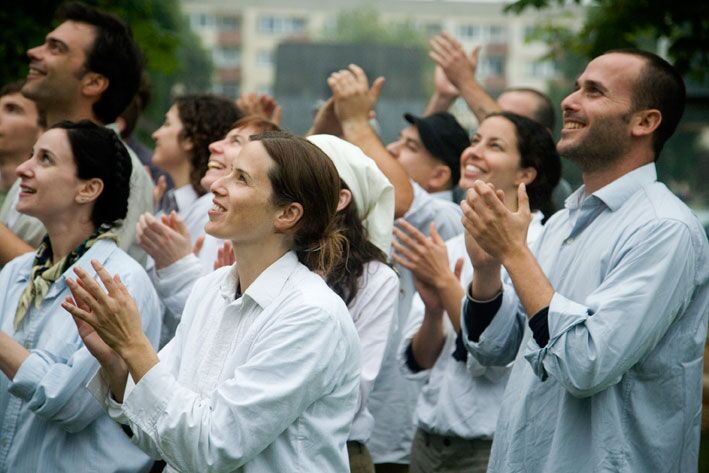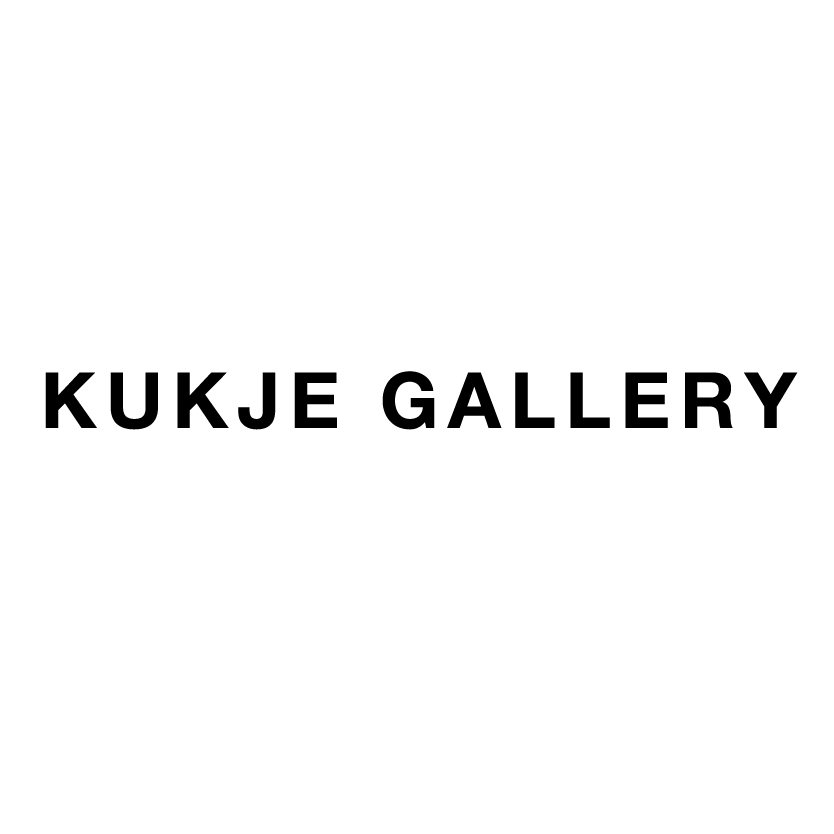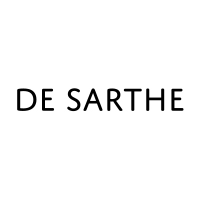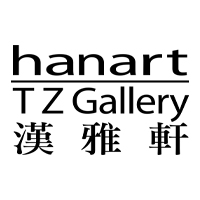Yael Bartana Wins Artes Mundi
By Sara Raza

Still from YAEL BARTANA’s Mary Koszmary, 2007.
Israeli film and video artist Yael Bartana, renowned for her culturally incisive video works that examine the geopolitics of her native Israel, won the highly coveted GBP 40,000 (USD 59,000) Artes Mundi Prize at the National Museum Cardiff in Wales on May 19. Bartana’s entry consisted of two films from a planned trilogy about the return of geographically estranged Jews to their European homelands; the films take place in Poland, where three million Jews either perished or were displaced during World War II.
In the 16mm film Mary Koszmary (“Dreams and Nightmares”) (2007), Sławomir Sierakowski, a young Polish left-wing activist, implores Jews to return to Poland and save the country from collapsing into rabid nationalism. His pleas reverberate around an empty Warsaw soccer stadium via loudspeakers. Physical action follows in Wall and Tower(2009), where young Israeli men and women conduct a “homecoming” ceremony by rapidly erecting the foundations for Warsaw’s first ever kibbutz in the square in front of the Monument to the Ghetto Heroes, which commemorates Polish Jews’ resistance to the invading Nazis in 1943. These simultaneously intellectual and highly emotive works take on 21st-century questions of migration and cultural entitlement that move far beyond the specifics of Israeli politics and refuse to settle, despite their force, on conclusive answers or ringing rhetoric.
Bartana is the fourth prizewinner of the biennial Artes Mundi Prize, established in 2004 to recognize global artists “whose work explores ideas of the human form and the human condition, and adds to our understanding of humanity.”
The 2010 edition of the prize and its accompanying exhibition are the last for founding artistic director and chief executive Tessa Jackson, who in November 2009 was appointed chief executive officer of London’s Institute of International Visual Art (InIVA), a registered charity that aims to redress cultural imbalances in the arts.
For Jackson’s final installment of Artes Mundi she enlisted the curatorial expertise of two guest selectors: Viktor Misiano, Russian independent curator and editor of Moscow Art Magazine, and Levent Çalikoğlu, chief curator at the Istanbul Museum of Modern Art. They selected eight finalists from 480 nominees volunteered by an international roster of curators, museum directors and artists. The majority of Misiano and Çalikoğlu’s picks hailed from Asia, and in media leaned heavily toward film and video, as deployed in the works of Turkish/Bulgarian Ergin Çavuşoğlu, Taiwanese Chen Chieh-jen and Kyrgyz couple Muratbek Djumaliev and Gulnara Kasmalieva. Fernando Bryce, Olga Chernysheva and Adrian Paci rounded out the nominees.







